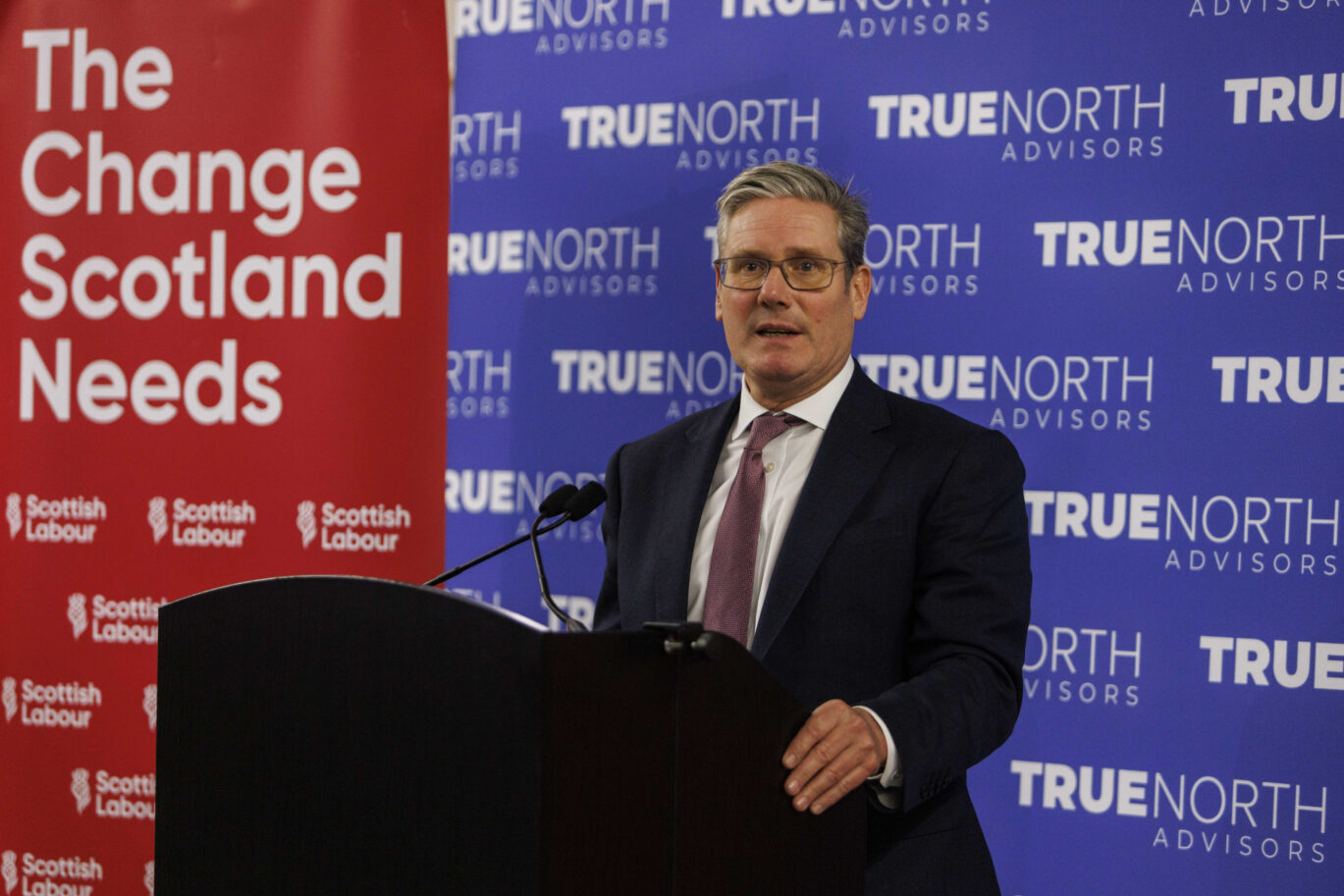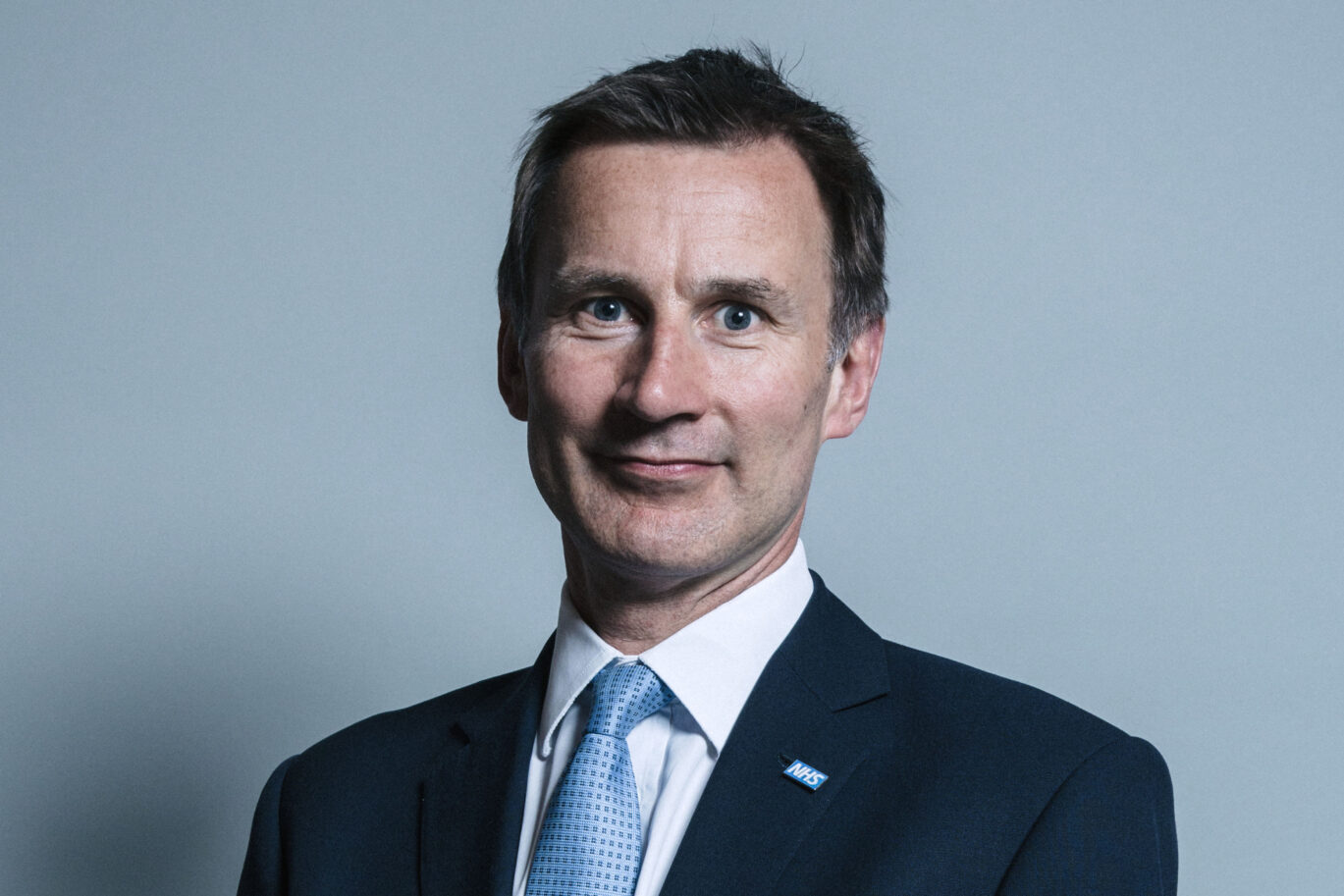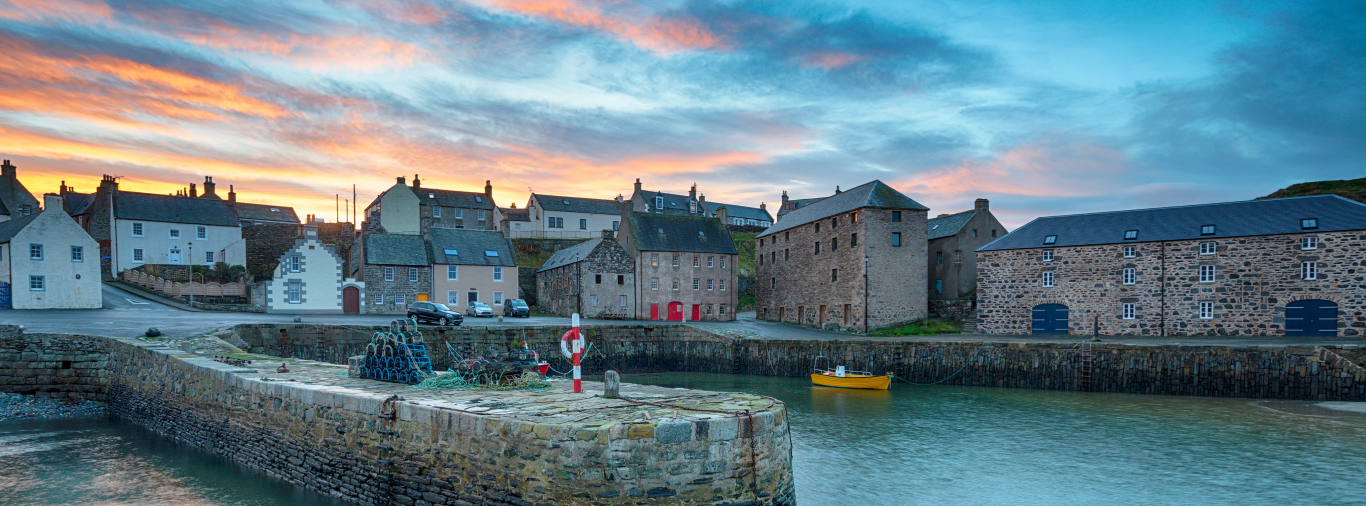The Westminster rumour mill starting whirling furiously earlier in the day, with Senior Cabinet members pulling out of scheduled media interviews left, right and centre and Foreign Secretary David Cameron summoned home from Albania for talks this afternoon at Number 10. The SNP’s Westminster leader Stephen Flynn sought to nail down the Tory leader on the question at PMQs at lunchtime and Sunak’s answer was as revealing as it was cryptic. On the steps of Downing Street, in the rain, just after 5pm, Rishi Sunak put speculation to bed and pulled the trigger.
Things can only get better?
The Prime Minister began his remarks by reminding voters about his role as the Pandemic Chancellor, steering the UK through its toughest years. He knows his best card is to prove the Conservatives can be trusted on the economy, but no sooner had he started his monologue on economic stability and getting a grip on inflation rates than he was drowned out by a protestor blasting D:Ream’s song ‘Things Can Only Get Better’ around Whitehall, famously the theme tune to New Labour’s rise to power in 1997.
Rishi Sunak let slip an exasperated smirk. He responded to the tumult with some of his own party’s greatest hits. Who can you really trust on public finances? With war raging in Eastern Europe we need strong government on the right to deliver security at home. With conflict raging in the Middle East, only the Conservatives have presence on the global stage.
The PM couldn’t help but take a few pop shots at the pretender to the throne either: Keir Starmer will do anything to get into power and only a litany of broken policy promises to show for themselves. In short, he concluded that Labour don’t know what they stand for and neither do the voting public.
As the rain continued to beat down on Downing Street, Rishi Sunak’s sodden jacket proved an obvious metaphor for an increasingly washed out government.











